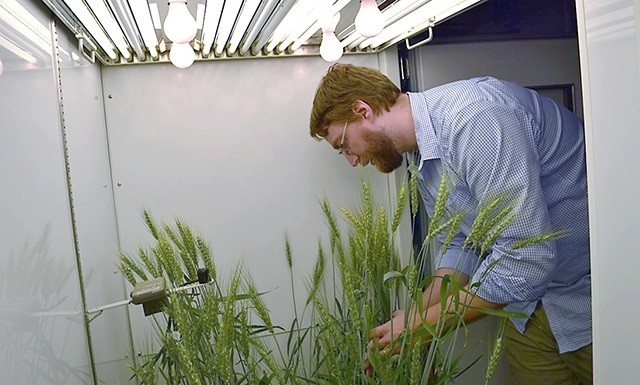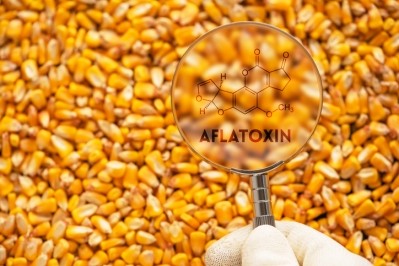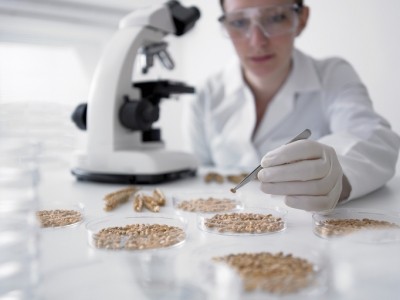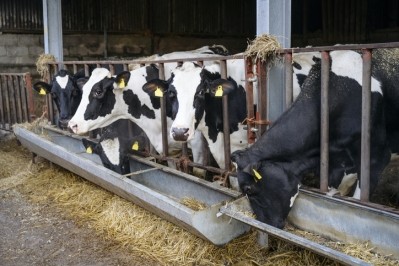US team looking to future proof wheat for use in food and feed

In growth-chamber experiments in Peoria, Illinois, a team at the USDA’s Agricultural Research Service (ARS) are conducting experiments to evaluate the resilience of different wheat varieties to stressors.
The first stressor comes from exposure to carbon dioxide (CO2) levels of up to 1,000 parts per million, a global atmospheric concentration of the greenhouse gas that is projected by the year 2100 absent mitigation measures.
Mycotoxin risk
The other stressor is infection by Fusarium graminearum, the fungus that can damage the grain and contaminate it with mycotoxins, rendering it unsafe for food or feed use.
Studying how fungus itself behaves in wheat plants exposed to high CO2 levels, the team, to date, have observed that:
- The severity of blight and production of mycotoxins like deoxynivalenol depends on the fungal strain and wheat variety attacked.
- Besides protein and minerals, Alsen plants suffered a drop in oleic and linoleic fatty acids, which normally contribute to resistance to blight and other fungal diseases.
Ultimately, the team, led by Martha Vaughan, a supervisory molecular biologist, and William Hay, a plant physiologist, at the ARS mycotoxin prevention and applied microbiology research unit in Peoria, hope their findings will inform breeding efforts to shore up wheat's climate resiliency.
They also want to help guide growers to adopt crop management strategies that could offset wheat's metabolic responses to high CO2 levels and, in turn, the likelihood of mycotoxin contamination.
"We are currently working with a number of university wheat breeders to identify climate-resilient, Fusarium head blight-resistant lines," said Hay,
The team published their initial findings in the journal Scientific Reports on January 10.












